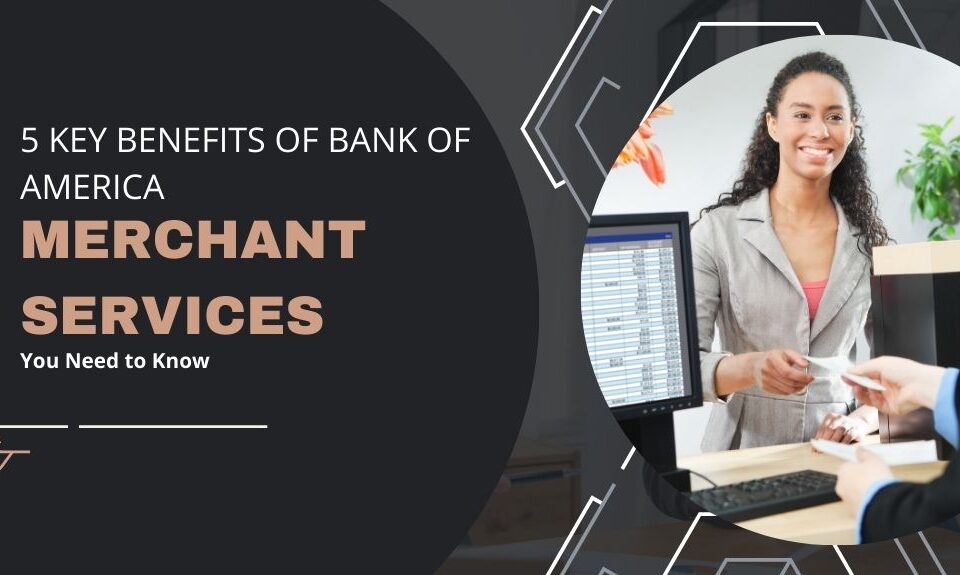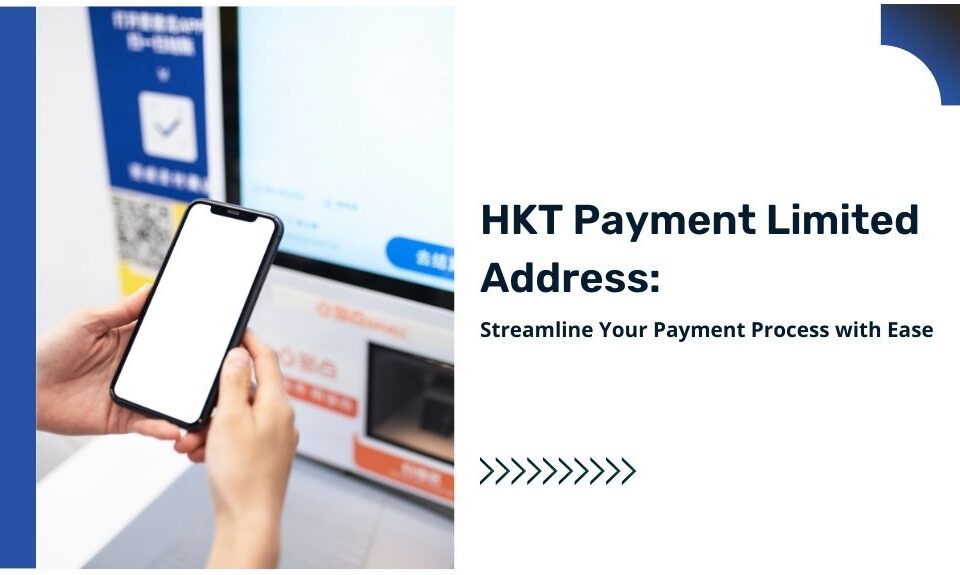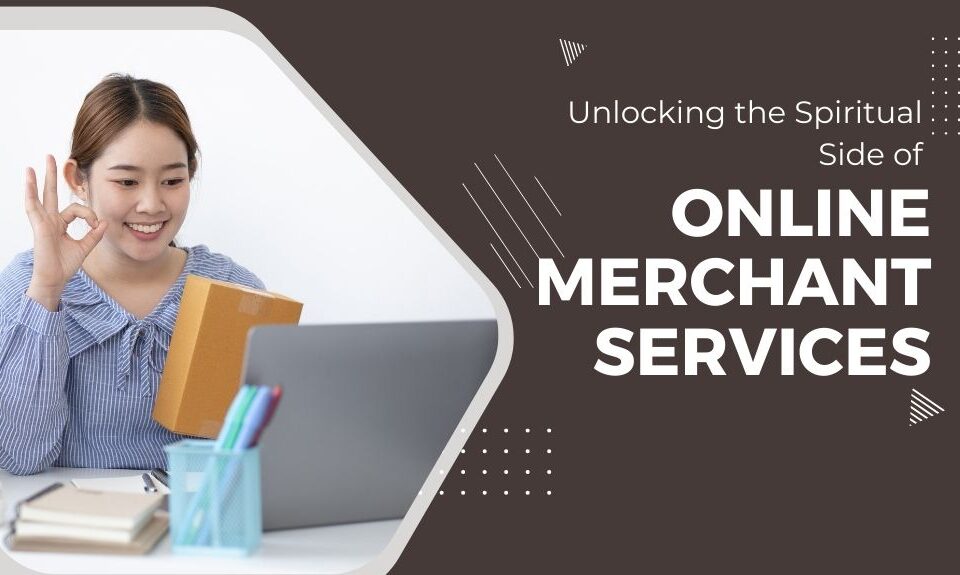How do Agent Relationships Affect the Value of My Merchant Portfolio?
How do Large Merchants Affect the Value of My ISO or Merchant Portfolio?
June 23, 2022Who Owns the Merchant Relationships in My Merchant Portfolio? What Does This Mean for My Business?
June 24, 2022When considering merchant portfolio valuation, acquirers and sellers tend to focus on the risk factor, the size of the portfolio, or the type of merchants in it. However, many fail to account for another significant element: the relationships between agents and the merchant accounts they service. This factor can be more complex to evaluate, as the contracts that govern these relationships might be confusing.
To make the most out of your merchant accounts, you must understand how this relationships works and what it means for your portfolio valuation.
What’s the Role of an Agent?
Payment processing agents, credit card processing agents, merchant services resellers, and merchant services agents find merchants who stand to gain from using a more efficient system to process their payments in a secure, efficient manner that promotes business expansion. They work for a payment processing provider or a larger ISO and sell the provider’s payment processing products to merchants to grow the provider’s business and enhance their own (and the provider’s/ ISO’s) bottom line.
When you develop a successful merchant alliance, the position often provides a great deal of schedule freedom, and you are compensated.
In addition to offering credit card processing services, agents can provide consultancy services, back-office optimization, and anti-fraud tools. That’s because merchants desire a representative that can provide them with whatever they require and enhance the operation of their firm. Therefore, an agent who can deliver all these services to merchants will be critical for their business.
The Effect of Agent Relationships on the Value of Your Merchant Portfolio
Before going to market, neither buyers nor sellers often evaluate the agent-merchant connection. It would be foolish to know and comprehend the answer to this question. For most, the value of a merchant portfolio or merchant residual opportunity is viewed as the performance of opportunities over time. This information can be seen in the merchant-level residual detail reports.
If you’re purchasing a merchant portfolio or residual, and the agent has the primary relationship with the merchant (primary relationship meaning the person who not only wrote the account but also serves as the 1st line of customer service), you should ensure that the agent is incentivized to continue managing those accounts after you acquire that residual stream.
The merchant’s relationship with their agent is one of the most influential factors in determining who receives their processing business. Therefore, purchasers must make addressing issues a top priority for each transaction. This strategy mitigates the very real risk of accounts slipping off the roll (attrition) once the residual or portfolio is acquired due to the sudden disappearance of a person the merchant trusts and expects to be available when they need support.
As a seller, you must realize that your merchant portfolio or residual will be more valuable to a potential buyer if you promise to continue servicing and managing the accounts you sell.
Whatever you sell, you must provide your customers with what they desire.
Consider this parallel:
Similar to the credit card industry, the insurance industry has agents (called “producers”) who construct portfolios (called “books of business”), which are then bought and sold. In the insurance sector, however, there is no market for acquiring the book’s revenue stream unless the agent agrees to continue servicing the accounts on behalf of the buyer.
In the insurance market, the client-agent connection is everything. Either it’s included in the agreement or without an agreement. Thankfully, the agent/merchant relationship is not everything in the world of credit cards, but it can provide substantial value for both buyer and seller.
Conclusion
Understanding the relationship between an agent and the merchant accounts you are looking to acquire is critical. Merchants value their agents because they provide them with more than payment services. This can impact your portfolio valuation.
If your agent is the main link with a merchant, you should do what’s possible to continue fostering that relationship. Merchants grow to trust their agents, and that’s a connection you should value.



